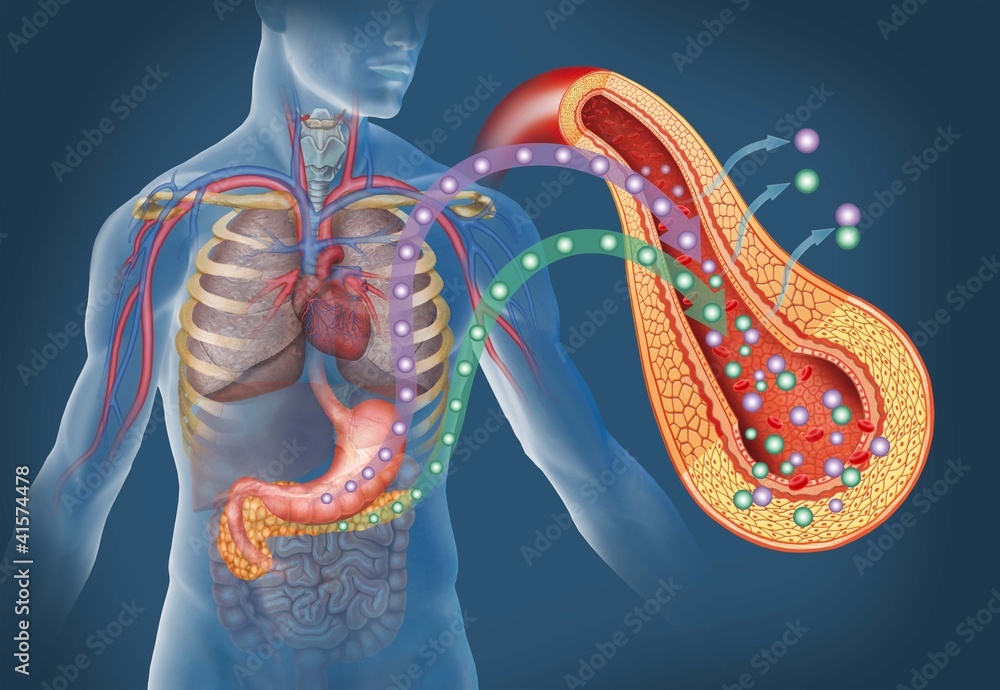In the fast-paced world of online presence, a well-crafted website is more than just a virtual storefront; it’s the digital face of your business. As technology continues to evolve, the importance of a user-friendly and aesthetically pleasing website cannot be overstated.
Whether you are a small business owner, an entrepreneur, or an established enterprise, choosing the right website design package is a crucial decision that can significantly impact your online success.
In this blog post, we’ll explore the key factors to consider in website design packages to ensure you make an informed and strategic choice.
1. Clear Understanding of Your Business Goals:
Before diving into the sea of website design options, it’s essential to have a clear understanding of your business goals. Define your target audience, identify the primary purpose of your website, and outline the specific features and functionalities you require. Are you looking to sell products online, generate leads, or provide information? Knowing your objectives will help you narrow down your options and select a website design package that aligns with your business vision.
2. Responsive Design for Mobile Compatibility:
In an era where mobile devices dominate internet usage, a responsive design is non-negotiable. A responsive website adjusts seamlessly to different screen sizes, ensuring a consistent and user-friendly experience across desktops, tablets, and smartphones. Search engines also prioritize mobile-friendly websites, making it a critical factor for search engine optimization (SEO). When choosing a website design package, ensure that responsive design is a fundamental feature to guarantee your site’s accessibility on various devices.
3. Intuitive User Experience (UX):
User experience is the cornerstone of a successful website. A well-designed website should be intuitive and easy to navigate, allowing visitors to find information effortlessly. Look for website design packages that prioritize UX principles, such as clear navigation menus, logical information architecture, and strategically placed calls-to-action. A positive user experience not only enhances visitor satisfaction but also contributes to lower bounce rates and increased conversions.
4. Customization Options:
While many website design packages offer pre-designed templates, it’s essential to have customization options that align with your brand identity. Your website should reflect the uniqueness of your business. Look for packages that provide flexibility in color schemes, font choices, layout configurations, and the ability to incorporate your logo and branding elements seamlessly. Customization ensures that your website stands out from the competition and creates a memorable impression on visitors.
5. Scalability and Future-Proofing:
As your business grows, so should your website. A scalable website design package allows for future expansion and the addition of new features without requiring a complete overhaul. Consider your long-term goals and select a package that accommodates the evolving needs of your business. This foresight will save you both time and resources in the future, preventing the need for a redesign every time your business undergoes significant changes.
6. SEO-Friendly Features:
Search engine optimization is integral to increasing your website’s visibility on search engine result pages. When evaluating website design packages, look for features that support SEO best practices. This includes clean and optimized code, customizable meta tags, image optimization, and integration with analytics tools. A website that is SEO-friendly from the foundation will have a better chance of ranking higher in search engine results, driving organic traffic to your site.
7. Content Management System (CMS):
A robust and user-friendly content management system empowers you to update and manage your website content effortlessly. WordPress, Joomla, and Drupal are popular CMS options, each offering unique advantages. Choose a website design package that includes a CMS aligned with your technical proficiency and content management needs. A good CMS ensures that you can make timely updates to keep your website content fresh and relevant without requiring extensive technical expertise.
8. E-commerce Capabilities:
For businesses involved in online retail, e-commerce capabilities are paramount. When selecting a website design package, consider whether it supports essential e-commerce features such as product listings, secure payment gateways, and inventory management. Integration with popular e-commerce platforms like Shopify or WooCommerce can streamline the process of setting up an online store. Make sure the package caters to your specific e-commerce requirements to provide a seamless and secure shopping experience for your customers.
9. Loading Speed and Performance:
In the digital age, where attention spans are short, website loading speed is a critical factor influencing user satisfaction. Choose a website design package that emphasizes performance optimization, including fast loading times, efficient coding, and image compression. A speedy website not only enhances user experience but also positively impacts search engine rankings. Tools like Google PageSpeed Insights can help evaluate the loading speed of potential website design packages.
10. Security Features:
With cyber threats on the rise, prioritizing the security of your website is paramount. Ensure that the website design package includes robust security features, such as SSL certification for data encryption, regular software updates, and protection against common vulnerabilities. A secure website not only safeguards your business and customer data but also builds trust with your audience. Verify that the package aligns with industry-standard security practices to fortify your online presence.
Conclusion
Choosing the right website design package is not just about creating a virtual presence but building a digital identity that resonates with your audience and achieves your business goals. As you embark on this journey, consider website design services that encompass the key elements discussed – responsiveness, intuitive user experience, customization options, scalability, SEO-friendliness, a robust content management system, e-commerce capabilities, loading speed, and security.
Website design services play a pivotal role in shaping the online face of your business. The investment made in selecting the right package is an investment in the success and growth of your digital presence. Your website is often the first point of contact between your brand and potential customers; therefore, it should not only capture attention but also provide a seamless and enjoyable user experience.
